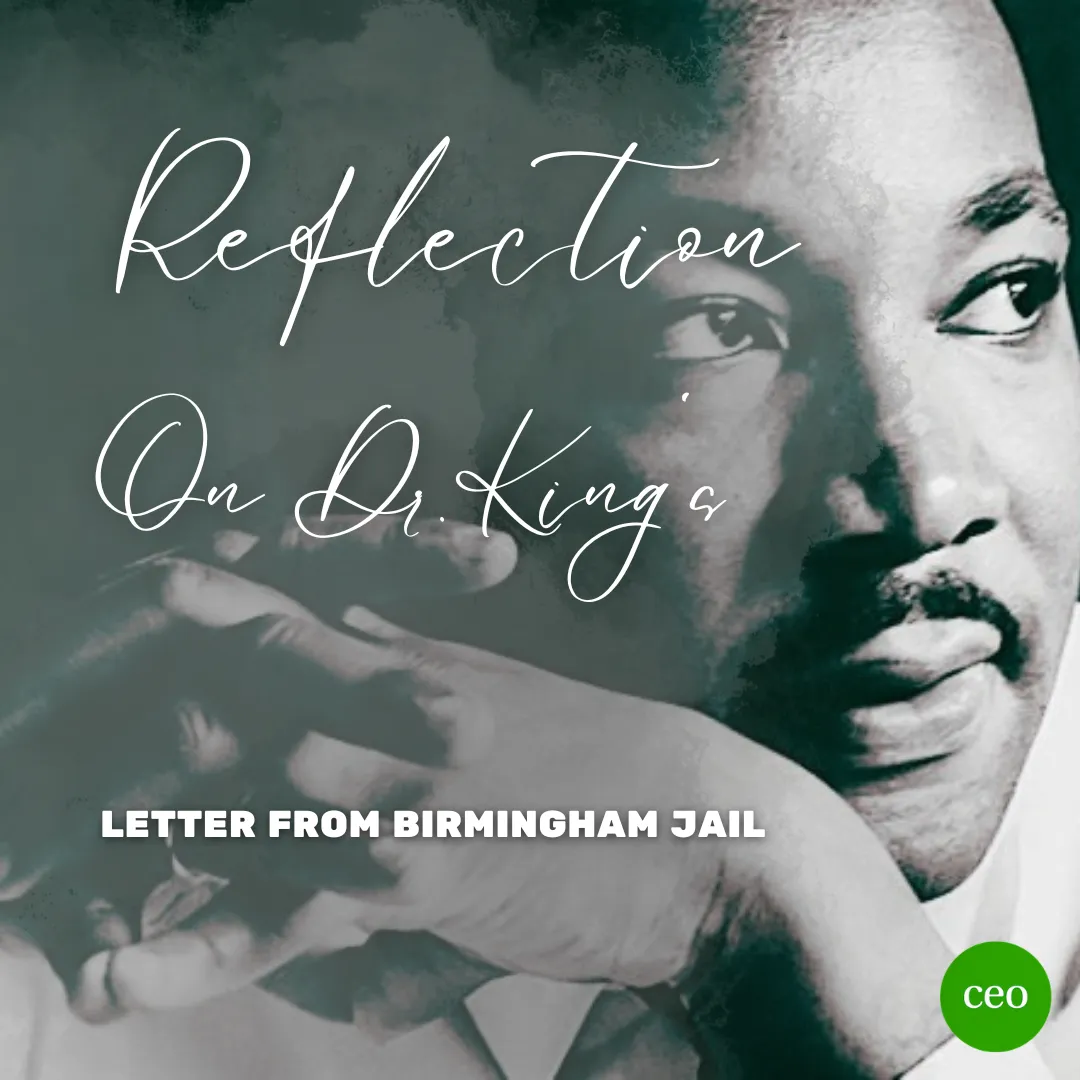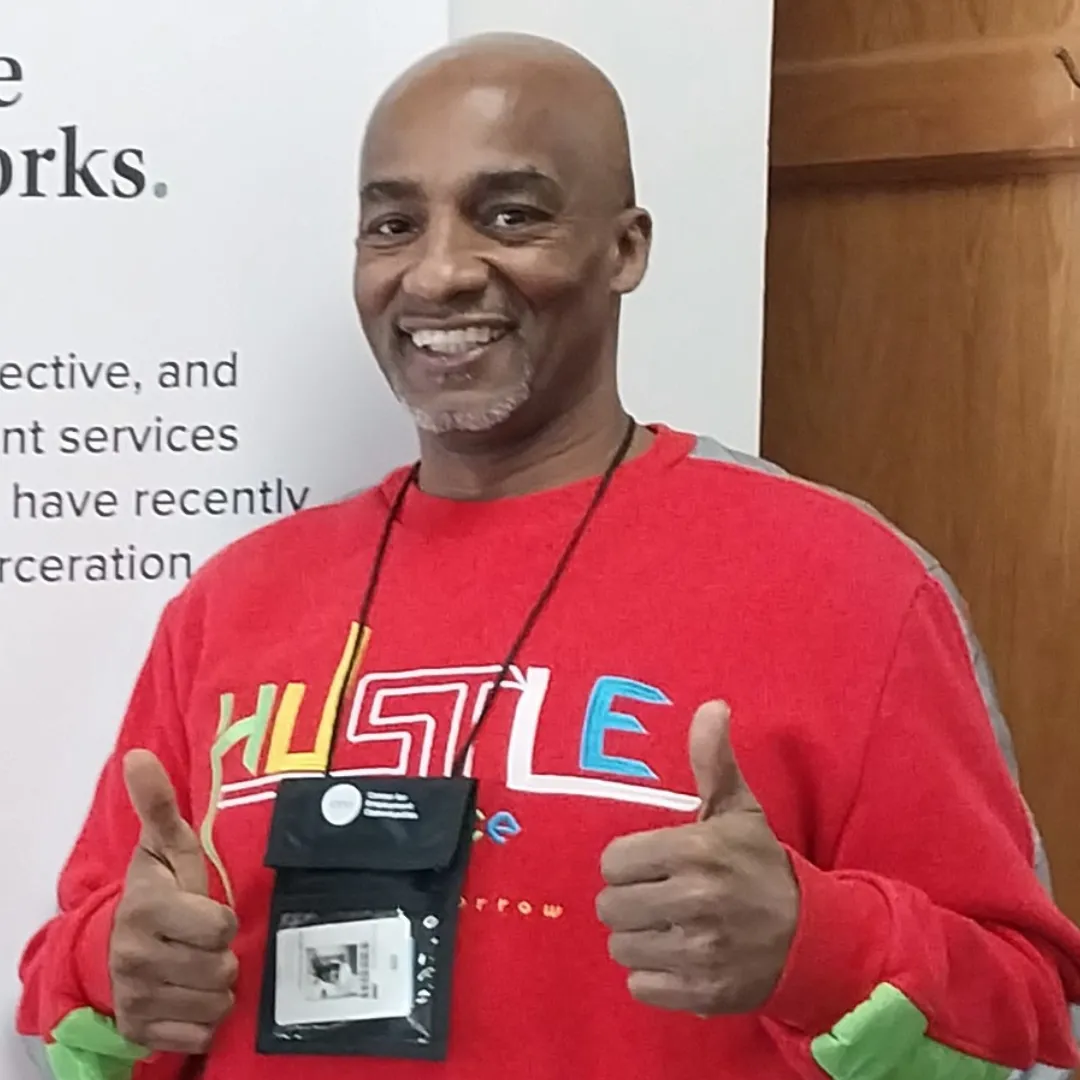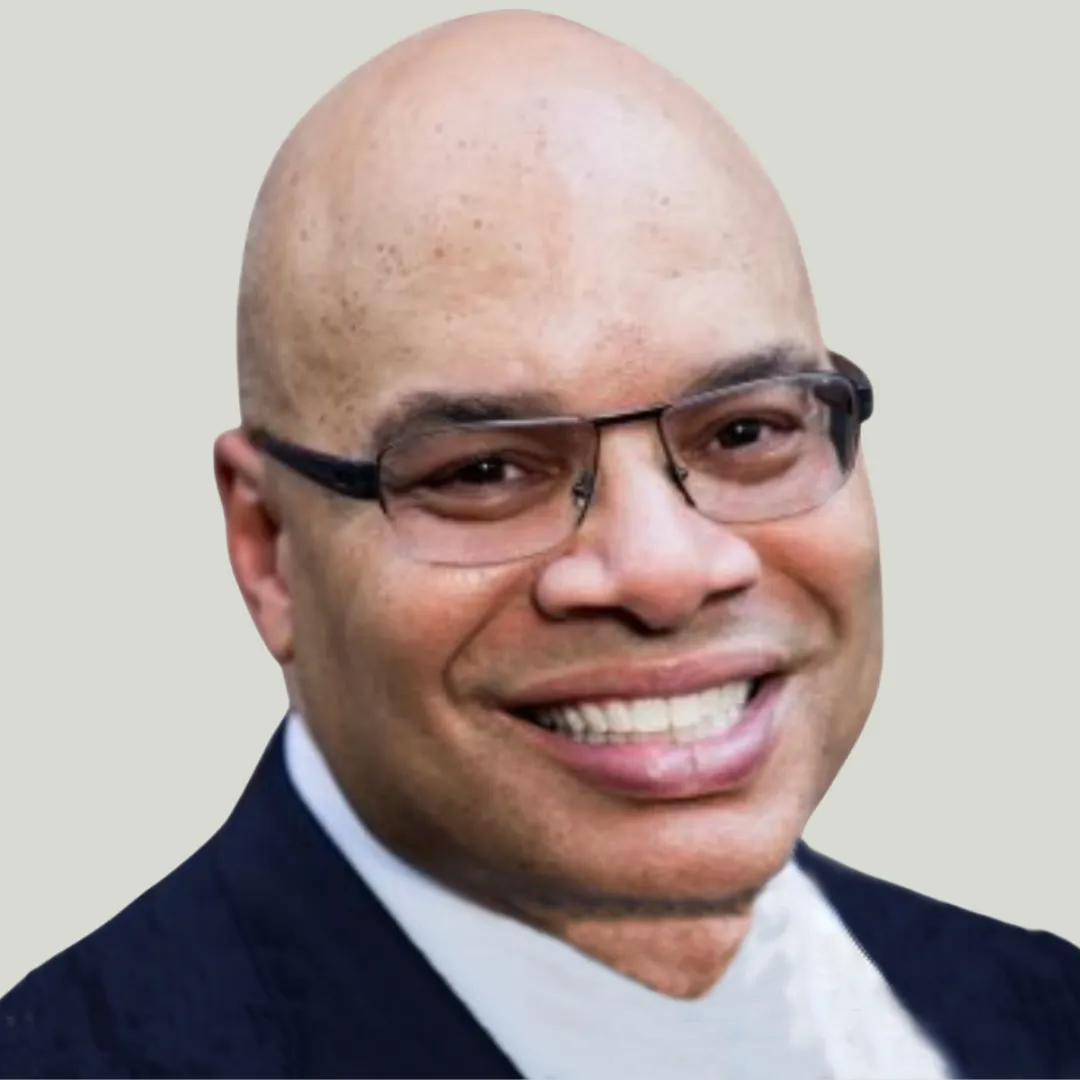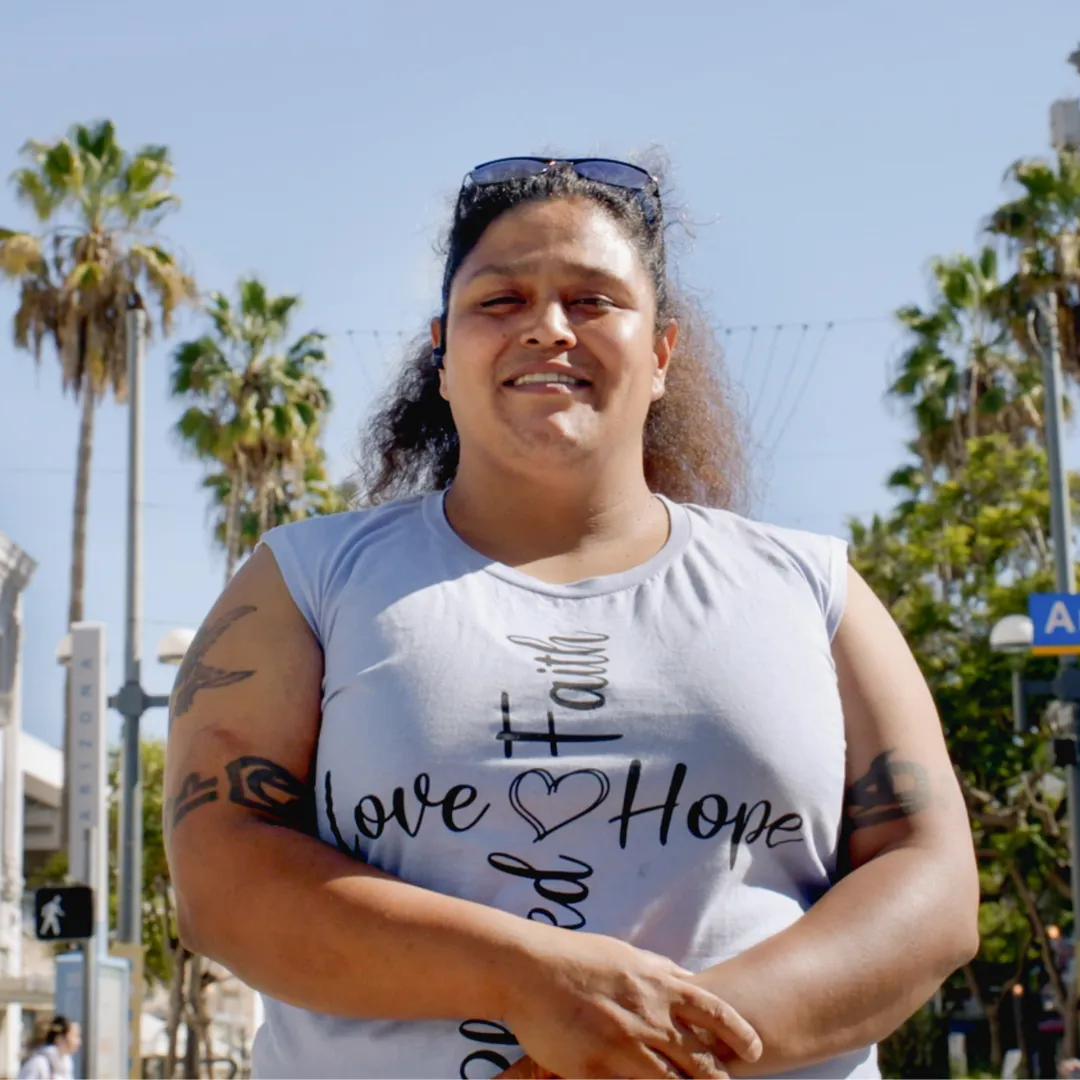Each Martin Luther King Jr. day, I re-read Dr. King's 1963 Letter from Birmingham Jail. It stands out to me as both a movement leader’s brilliant response to criticism from those who should be supporting his work and a lesson on what lies at the heart of a true democracy: justice for all.
In the Letter, Dr. King responds to eight white Alabama clergymen who penned a public statement appealing for "law and order" in the face of demonstrations by the Black community led by King and other local leaders. The white clergy leaders urged the Black community to "withdraw support from the demonstrations and to work peacefully for a better Birmingham." They condemned the demonstrations as being "led in part by outsiders" and praised "the community as a whole - local news media and law enforcement officials in particular - for the calm manner in which these demonstrations have been handled."
The letter, and the circumstances under which it was written, speaks to a more radical King than the popular, sanitized version of his legacy we see in the media today. He realizes that the discomfort he has caused his detractors is a necessary part of the work. He rebukes the premise of their "led by outsiders" argument and illuminates a compelling vision that is at once religious and political:
"Moreover, I am cognizant of the interrelatedness of all communities and states. I cannot sit idly by in Atlanta and not be concerned about what happens in Birmingham. Injustice anywhere is a threat to justice everywhere. We are caught in an inescapable network of mutuality, tied in a single garment of destiny. Whatever affects one directly affects all indirectly. Never again can we afford to live with the narrow, provincial "outside agitator" idea. Anyone who lives inside the United States can never be considered an outsider."
This is an evolved Dr. King from the Montgomery Bus boycott of 1955 -- a battle-tested King who understands the power of the movement and how to navigate external and internal criticism.
Having taken the white leaders eloquently to task, Dr. King signs his letter "yours for the cause of Peace and Brotherhood." While he understood the need for radical transformation, he was inviting others who disagreed to engage and be convinced. He opened doors for dialogue, and through nonviolent direct action, invited both the oppressed to find their power and the oppressors to change: "Abused and scorned though we may be, our destiny is tied up with the destiny of America," he wrote. He saw Black liberation as a pathway to America becoming a true democracy. And absent this, the failure of the American experiment.
Too often, in my view, those who are privileged enough to enjoy the benefits of liberty and freedom are disturbed by the demands of those who suffer from oppression. "We know through painful experience that freedom is never voluntarily given by the oppressor; it must be demanded by the oppressed," King writes. I agree. Because we fail to see the suffering of others, we fail to see our own. We retreat into a cocoon of denial and only emerge when our sense of reality is confronted by the suffering of others or our own suffering. We are conditioned to "blame the victim," even if the victim is ourselves, and ignore the structures that cause our suffering. We fail to deploy the empathy necessary to create meaningful human connection and change. We fail ourselves and each other.
Speaking in 1967, Dr. King called out the triple threat to America: "...we are now experiencing the coming to the surface of a triple prong sickness that has been lurking within our body politic from its very beginning. That is the sickness of racism, excessive materialism, and militarism." The damage caused by the COVID pandemic revealed in stark reality the historical and present-day disparities in health, jobs, and wealth between Black and white citizens; between the poor and wealthy. These disparities are the social products of an economic system prioritizing low wages and exploitative working conditions and a racial caste system that violently dehumanizes Black people. Yet, many elected officials engage in sophistry, focusing on the symptoms of crime and poverty and not the root causes. I imagine that if he were still with us today, a 94 year-old Dr. King would be speaking up for the marginalized and inviting us all to seek redemption and reconciliation so we can create the beloved community he often spoke of.
Despite the challenges, the movement for racial and social justice is alive and well. The 2020 Black Lives Matter protests that took place in the wake of the Murder of George Floyd and the murders of other Black citizens by police were potentially the largest mass movement to ever occur in our nation. It brought Americans of all stripes to the streets and into a conversation about our nation's racial caste system and the deficiencies of our criminal legal system.
Across the country, the movement to end mass incarceration continues to change laws, hearts, and minds. In my state of New York, advocacy efforts by justice-impacted leaders led to the passing of the Less is More Act. In Michigan, my organization, the Center for Employment Opportunities, helped lead a successful effort to eliminate the ban on food assistance for persons with a felony drug conviction. And there have been successful efforts to return the right to vote to citizens with a past felony conviction.
My dad, who was also a deeply religious Christian, used to say “we are not where we want to be, but we are also not where we were.” Apathy and despair are the enemies of progress. We must, like Dr. King, envision a better world free from racism and work assiduously to bring it into reality. It is work that we have to do together; it is this work that must be driven by the leadership and experiences of those of us who are directly impacted. It calls all of us, especially the privileged, to be allies and supporters of justice for all.




